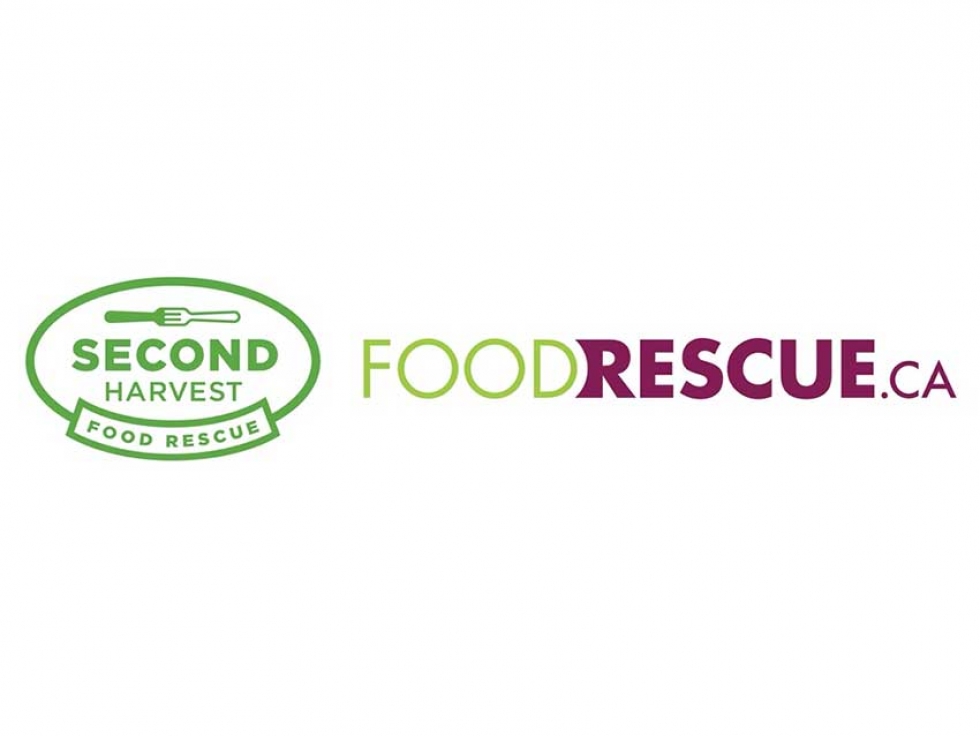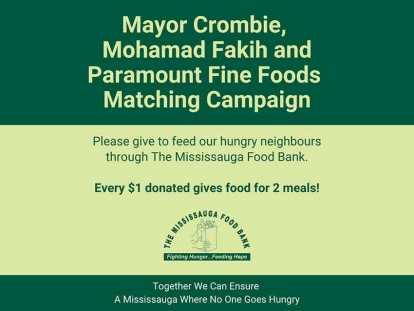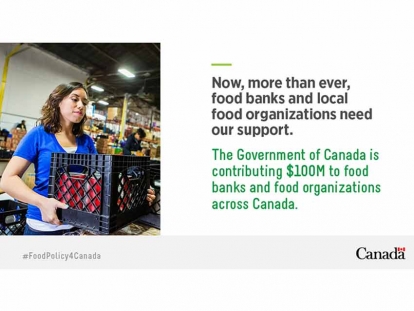
Apr
Second Harvest’s FoodRescue.ca Providing New Funding to Community Groups Feed Canadians During the COVID-19 Crisis
Written by Second HarvestToronto, ON – April 6, 2020 – Second Harvest’s FoodRescue.ca is launching $4.5 million in new funding for communities.
The new grants will aim to empower local community organizations from across the country to ensure food makes its way to Canadians who need it most.
As the humanitarian toll of the COVID-19 pandemic deepens, an unprecedented number of Canadians are worrying for the first time about how they will afford to put food on the table.
Second Harvest has been working around the clock to scale up operations to meet this sudden, dire need through FoodRescue.ca. This free, easy-to-use donation platform connects businesses with food surpluses to charities and non-profits in their own backyards.
The new grant program could not have been possible without the generous $100 million contribution from the Government of Canada to various food organizations to help meet the urgent needs of vulnerable Canadians across this country.
“Our country needs to fight through this pandemic together. We thank the Government of Canada for helping us on our mission – that no Canadian be left behind,” said Lori Nikkel, CEO of Second Harvest. “We know well-established charities and non-profits can access resources that smaller organizations – local groups, shelters, local meal programs, and others – simply cannot. Money for these groups means food on the tables of hungry families across Canada. Without these groups, we risk whole communities and vulnerable populations falling between the gaps of our social safety net.”
As Canada’s largest food rescue organization, Second Harvest has many existing networks in place to recover perishable food from the supply chain and provide it to the charities and non-profits that redistribute within their communities to those who are hungry or food insecure, but these networks need more to address COVID-19’s pressure on their resources.
“While we are already working with generous food donors like Loblaw, Starbucks, Sysco and so many more, we know there is more work needed,” continued Nikkel. “There are other food businesses, for example from farms who need to find a home for their crops, to smaller community stores, that are out there. We can get them connected within their own communities and they could make a real difference.”
Community groups of all kinds facing increased demand for food services and support should visit FoodRescue.ca, where they can complete a simple application and receive funding in the coming weeks.
“Food waste is a real issue in our country. During this crisis in particular, when so many people risk going hungry, we can’t afford to let good food go to waste,” said Domenic Padula from MetroWorks Halifax. “FoodRescue.ca allowed us to enhance our weekly care package for community participants by adding quality, healthy food. It also gives a second life to food that could otherwise go to the landfill.”
Companies with a food surplus should also visit FoodRescue.ca to be connected with local organizations in need and avoid needless waste during this time of great need. Together we can work to ensure that no Canadian goes hungry.












